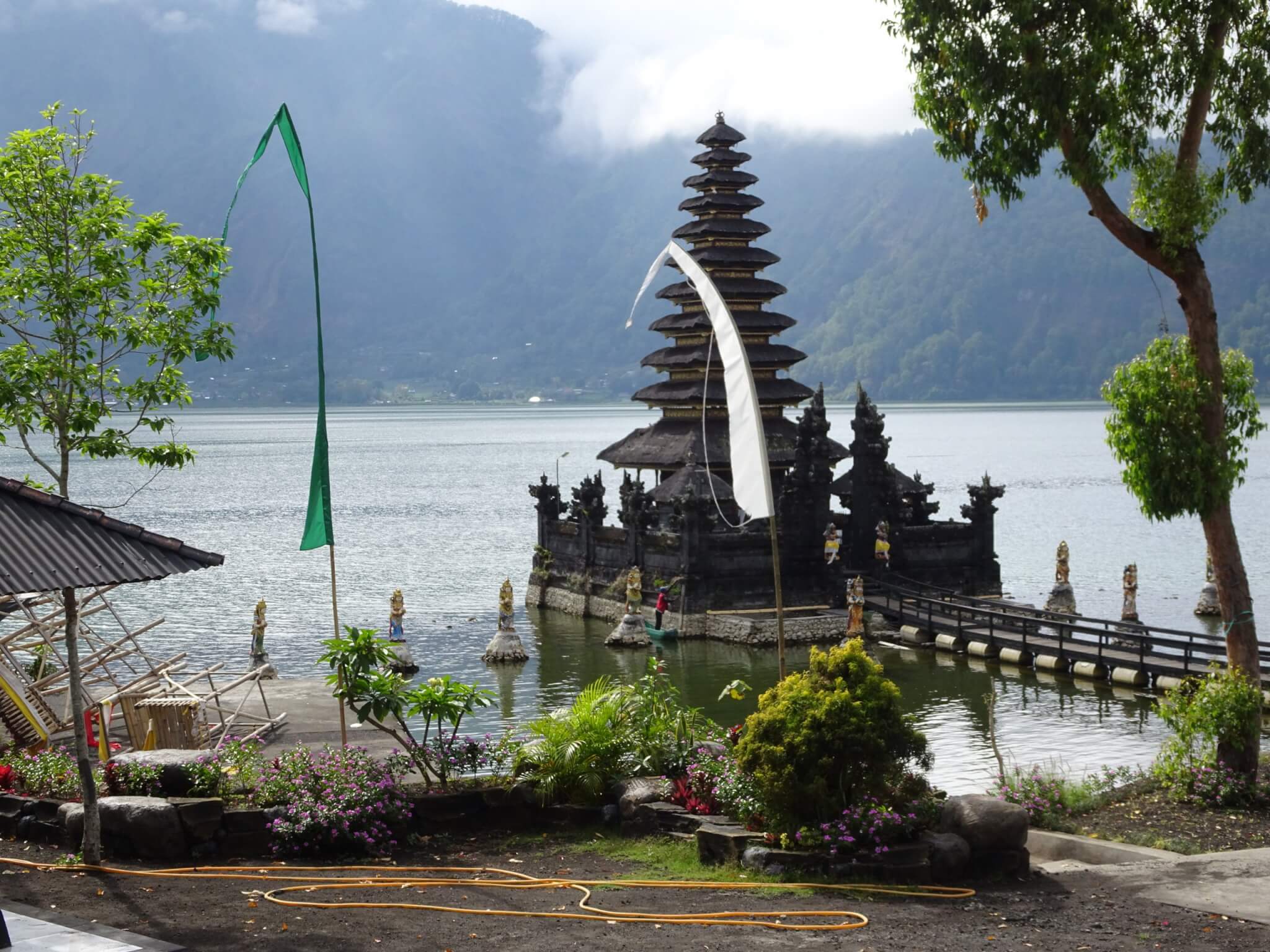
In essence, ‘Bali Belly’ is a reference to ‘Traveller’s Diarrhoea’ and different global destinations have different tourist terms including ‘Rangoon Runs’ (Myanmar) or ‘Montezuma’s revenge’ (Mexico) all of which involve upset stomachs. Medical practitioners refer to this ailment as Gastroenteritis and the symptoms generally include:
- Abdominal Pain/ Stomach Cramps
- Nausea/ Headaches
- Vomiting/ Muscle Aches
- Fever/ Diarrhoea
If you are thinking that these are the same symptoms associated with ‘food poisoning, you are almost right. Bali Belly is food poisoning that is triggered when travellers consume food that is contaminated with micro-organisms. Travellers/ tourists are generally tempted to try out the local cuisines of the destinations that they travel to and this is the primary factor that puts travellers at risk of gastroenteritis. The primary ways that an individual may contract gastroenteritis are through contaminated food or water, contact with another infected individual or bad personal hygiene habits when travelling. According to the Adelaidenow.com website, 90 % of Australians who travel to South East Asia get sick mainly because they tend to ignore fundamental travel precautions pertaining to health. This is especially true among Australians travelling to Bali where they indulge in activities such as trying out raw or semi-cooked foods, drinking juices or water with ice cubes or drinking tap water. The same ratio is observed with Australian travellers going to Peru or India and the risks only increase when these travellers purchase food from street vendors or order online from food providers who do not have a physical shop.
Primary Causes and Recovery Measures
The common culprits are usually viruses or bacteria and at the first sign of loose watery stools when travelling to these places take immediate action such as replacing plain water intake with re-hydration drinks such as “Pocari Sweat” if you happen to be in Bali which is an isotonic drink. This would help limit the full impact of the ailment if ignored within a period of approximately 24 hours (this time frame varies depending on the individual or pathogen strain as some are nasty and others not so nasty). Go to a pharmacy (Indonesian pharmacies are usually referred to as ‘apotiks’ derived from the word apothecary) where you may be able to obtain Corsalit 200, Dehidralyte, Renalyte or other oral re-hydration salt formulations which are commonly used to treat diarrhoea. Also if you feel any of the symptoms it is advisable to stop your intake of alcohol and any other recreational substances as it would only make your condition worse. If you have a smart-watch that is able to keep track of your blood pressure, and put it to good use, falling blood pressure is an indication that you are losing more liquid than you can replenish and if this is the case seek professional and licensed medical help immediately.
Recommended Foods
Recommended foods to consume at the onset of diarrhoea during travel include bananas, toast, rice apples, and boiled potatoes, and pro-biotic foods such as yoghurt or boiled vegetables that will not aggravate the digestive system further. Avoid spicy, sugary and greasy food at all costs if you feel weak or your stomach starts acting up. Always remember that prevention is better than cure and as such eat at places that practice good hygiene as it is possible to visually categorise clean street food or hawker providers than the less hygienic ones. Examine the cooking utensils and cutlery visually before ordering, look around for sewers or puddles of water nearby, as a single drop of water molecules from these sources could ruin your entire holiday.
Destinations such as Bali have private mobile clinic services for IV re-hydration, but do your homework as the safety and quality of care from these clinics have not been established and they are certainly not a replacement for proper and adequate healthcare in these scenarios. Make sure that you are fully vaccinated before leaving on your adventures and get a thorough check-up once you return home if you are not feeling too sunny health-wise as you may end up spreading the pathogen to your loved ones especially little children who are susceptible to these pathogens more easily. As mentioned earlier practice good hygiene at all times and always be careful about what you drink or eat when travelling to these exotic places. Another fact that most people do not realise is that just because the natives of these exotic places are not affected by the pathogens around them as the probability of them being immune to these pathogens is likely very high, this does not mean that foreigners are immune as well. Please note that this article was based on personal experiences and various internet sources listed below and is only meant as a reference for those planning to travel to Asian or Latin countries.












